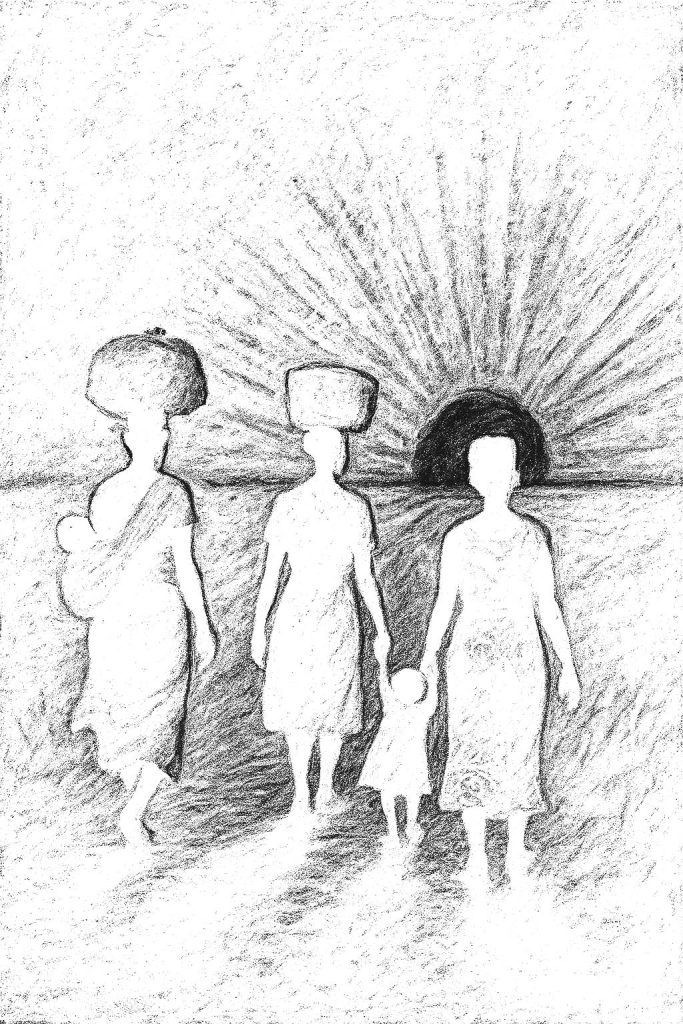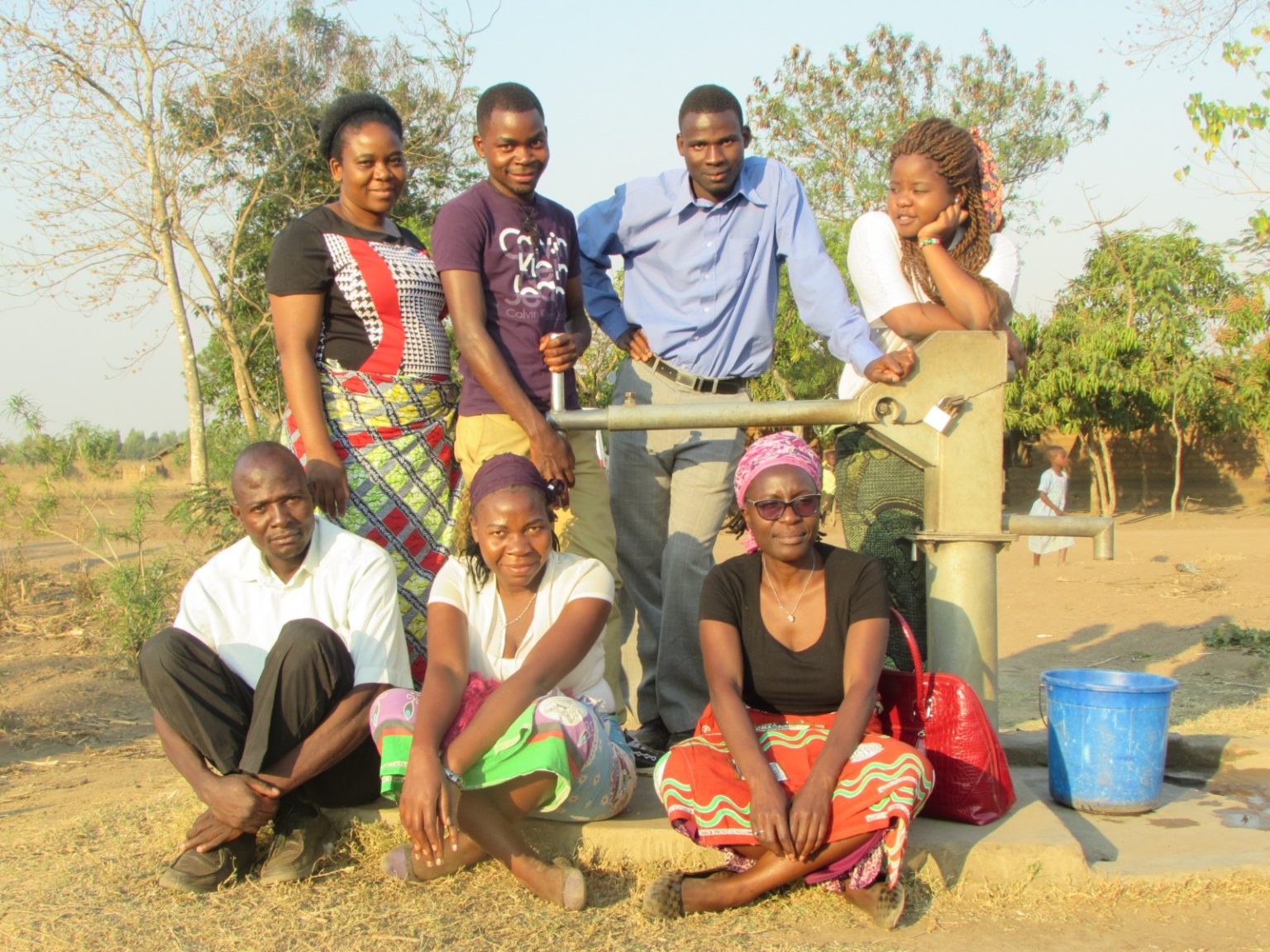Empowering Malawi
Madzi Amoyo: Energy, Water, Life
[literal translation: water for life]
Turn on a tap. Fill a kettle. Grab a bottle. Run a bath. Don’t give it a second thought.
In Malawi, almost one in three people don’t have clean water close to home.
Women and children shoulder the burden, often walking long distances to collect water.
1,000 children in Malawi under the age of five die every year from diarrhoea caused by dirty water.
There are issues in our world you may feel powerless to change. This is one we can.
We can bring lasting change: using sustainable energy to help future-proof access to clean water.
Thanks to the pioneering work of one remarkable woman – Esther Phiri – we can change countless lives for the better.
Powering a Sustainable Future: The Legacy of Esther Phiri
In 2014, Esther Phiri came to the UK as a Commonwealth PhD scholar with a mission: to make access to clean water a reality for her home, Chiradzulu district in Malawi.

Esther’s dream may sound simple but it was transformative. It would empower her community using Malawi’s most plentiful natural resource – the Sun.
Follow the Sun
Her research at CREST focussed on applying solar PV technology to provide maximum benefit to the villagers of Chiradzulu. Her main focus was on utilizing Malawi’s bountiful sunshine to improve community access to clean water.
Over six months of intensive fieldwork, Esther worked in detail with groups of over 200 local women, men, and community leaders in 30villages in Chiradzulu district. By analysing in detail the data from this work Esther began to understand villagers’ needs and aspirations, along with the challenges they faced in their day-to-day lives.
Esther realised that not only could solar PV power clean and sustainable water pumps in rural areas, it could also provide other basic services and switch-on micro-enterprises. It could generate energy for mobile phone charging, run shops, or power irrigation to help small farmers grow food supplies over the long dry season.
Alongside her people-focussed fieldwork, Esther used her engineering expertise to map the potential for solar-powered water pumping in in each of the villages.
Her research laid the groundwork for a solution that could change lives for generations.
In 2022, Esther tragically died of cancer. But her vision lives on.
Today, The Marmont Foundation aims to make her dream a reality.
[Links to Esther’s research papers and snapshots of her results]
Innovate. Empower

“My late father Simon Samilani Kankhwende Phiri raised me to believe I could do great things and reach places. He taught me how to work hard by deeds. I thank him for believing in me, I am now living his dreams!”
– Esther Phiri
The Challenge in Chiradzulu
For many people in rural Malawi, water is a daily hardship.
Women and children often walk long distances, up to four hours a day, to collect water for their families. It puts them at risk of physical injury and gender-based violence.
Boreholes and wells are often broken or inoperable, forcing families to rely on contaminated water sources, leading to serious, sometimes fatal, health risks.
Esther’s Research
Esther’s dream – for all the people of Chiradzulu to have access to clean water and power by 2030 – can be a reality.
At Loughborough University’s Centre for Renewable Energy Systems Technology (CREST), led by our colleagues at Blantyre University in Malawi, we’re taking the first steady steps.
The first phase is to re-instate the inoperable boreholes or broken water pumps in the villages Esther worked with in most depth.
Working with local communities, sites will also be surveyed for solar pumps and energy installations.
Work begins in August 2025.
Get in touch to learn more about partnership and funding opportunities.

Esther at Malawi
Why This Project Matters
- Sustainability: We use renewable solar power to empower communities and provide long-term solutions and opportunities.
- Empowerment: Women and local leaders will be trained to manage and maintain their water systems.
- Scalability: This project is designed to be expanded and translated across Malawi and beyond.
£10,000
funds the installation of a solar-powered system to provide long-term access to clean water.
Click HereSubscribe to our newlsletter
Keep up to date with news from The Marmont Foundation.